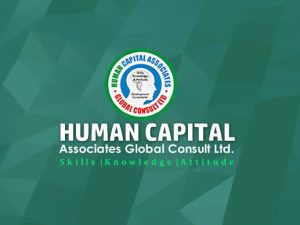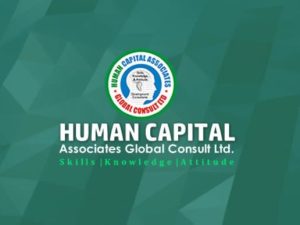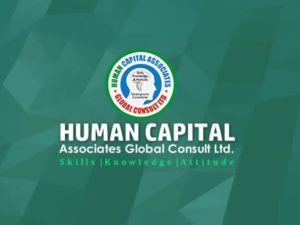Workshop on Human Resources Key Performance Indicators: Bench marking HR Deliverables
Successful organizations recognize that critical thinking and creative solutions to problems significantly enhance business potential.
Program overview:
Human Resources professionals need to evaluate, and report on, the effectiveness of Human Resources performance to senior management. The performance improvement plan, as it is sometimes called, identifies key performance indicators and/or behavioral issues that need to be corrected and creates a written plan of action to guide the improvement and/or corrective action. This course offers a deep-dive into HR KPI topics, presented in an engaging, interactive, and easy-to-apply way. The program is suitable for Human Resources managers and senior executives who are accountable for the overall contribution of the HR function.
For whom:
Human Resources professionals who need to evaluate, and report on, the effectiveness of Human Resources to senior management. The program is also suitable for Human Resources managers and senior executives who are accountable for the overall contribution of the HR function
Learning objectives:
At the end of this program, participants will be able to:
- Explain the metrics, measures and Key Performance Indicators (KPIs) applied to HR and show the role they play in measuring the effectiveness of HR.
- List the KPIs that should be used in measuring Human Resources as a function.
- List and calculate the main KPIs that should be used to measure the efficiency of the critical processes in HR.
- Design and calculate the main formulae for evaluating the financial contribution of HR to the organization.
- Design and calculate the employee satisfaction index and use it to measure employee morale.
- Explain employee turnover, its types and the various formulae used to calculate it.
Course outline:
Day One: Key Performance Indicators (KPIs)
- The Importance of Measuring,
- Measures, Metrics and KPIs: The Main Differences, ·Characteristics of SMART KPIs
- Types of KPIs,
- Common Mistakes when Using KPIs
Day Two: Organizational KPIs
- Organizational Appeal and Reputation, ·
- Salary Competitiveness
- Human Value Added,
- Career Growth
- Absenteeism Rates and Absenteeism Cost,
- Employee Morale
- Financial KPIs
- Return on Human Capital,
- Labor Cost,
- Cost per Hire,
- Cost per Trainee, ·
- Opportunity Cost
- Supervisory Ratios
- Cost to Supervise
- Compensation and Benefits
Day Three: Process KPIs
- Measuring Efficiency of Recruitment and Selection,
- Measuring Effectiveness of Hiring
- Using Hurdles per Hire (HPH) to
Reduce the Use of “Wasta” in Selection,
- Using Aggregate Yield Ratios and Selection Rates
- Measuring Effectiveness of Appraisal Systems
Day Four: Employee Turnover
- Voluntary versus Involuntary Turnover,
- Turnover versus Attrition (Gross and Net Turnover,
- Identifying Turnover Metrics,
- Identifying Turnover Costs, Analyzing / Interpreting Turnover Data
- Healthy versus Unhealthy Turnover:
- When Is Turnover Good for the Organization?
Day Five: Designing an HR Scorecard
- The Balanced Scorecard as a Strategic Tool,
- Putting it All Together
- Reporting HR to Top Management
Training Methodology
Lectures, discussions, exercises, and case studies will be used to reinforce these teaching/learning methods.
Related Courses






